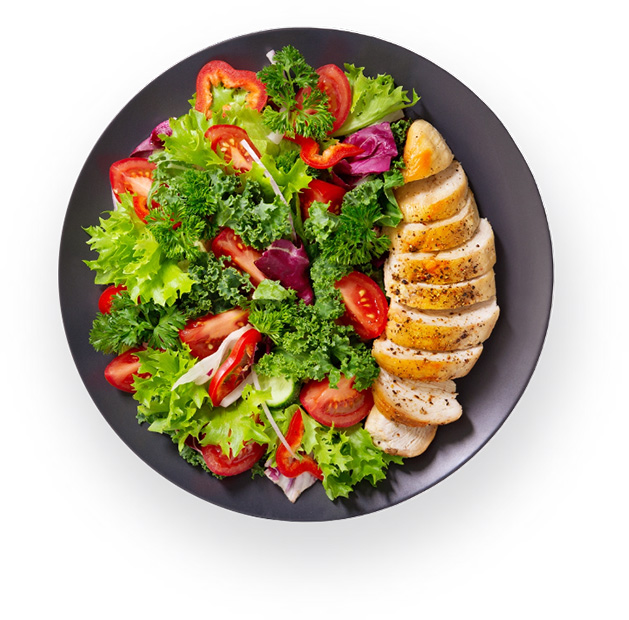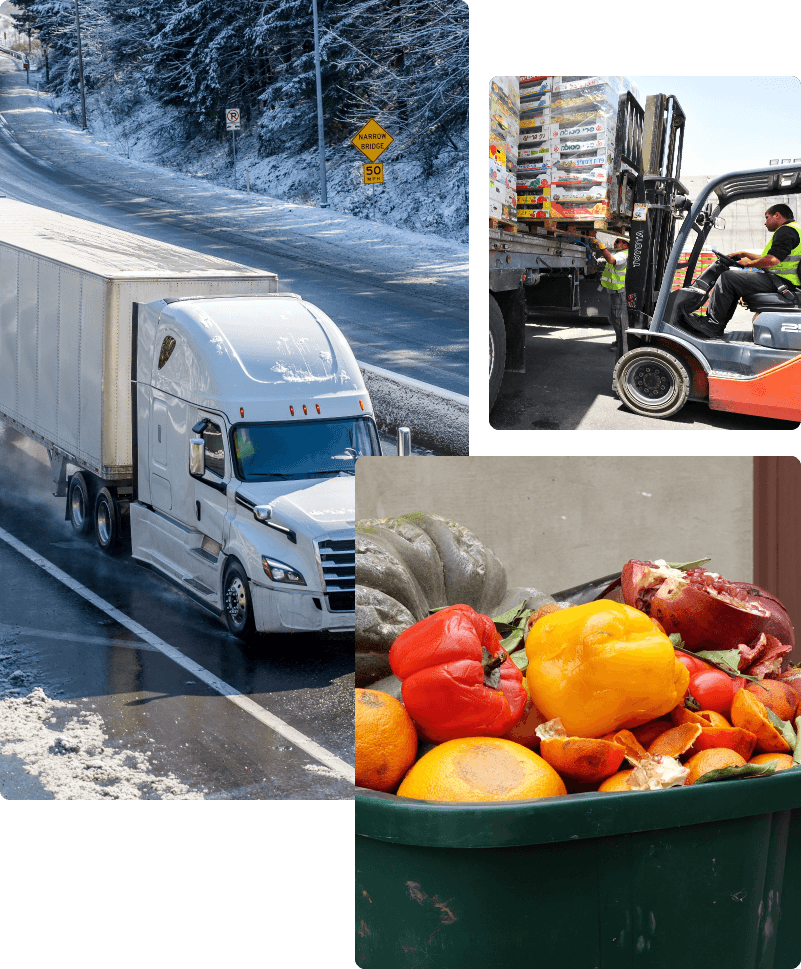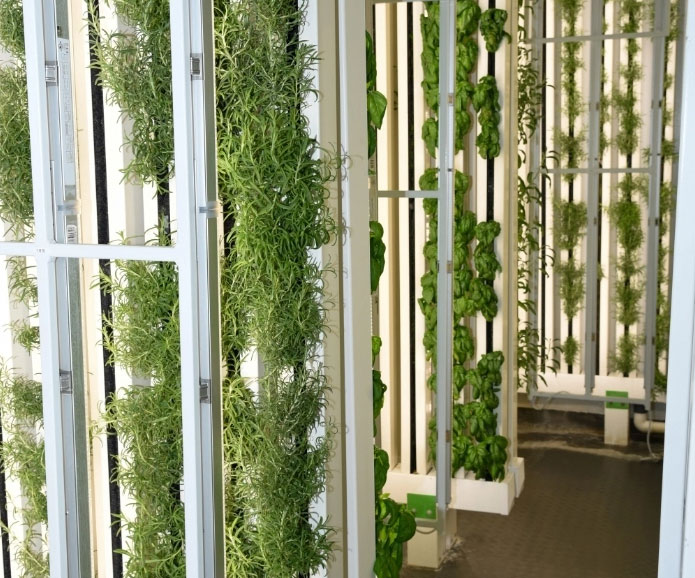Feeding the Future
With an anticipated global population of 10 billion people by 2057, it is imperative that we invest in the development of innovative technologies and methodologies to efficiently produce more food while minimizing resource consumption. Currently, our agricultural system utilizes approximately 50% of habitable land and 70% of freshwater worldwide, leading to an exhausted and inefficient approach. Furthermore, the reliance on outdated supply chains and an aging workforce exacerbates the challenges faced by a hungry planet.
Over the next 40 years, experts are forecasting that the world will face an unprecedented challenge: the need to produce a number of goods equivalent to everything generated in the past 10,000 years. To preserve the current percentage of people without access to sufficient food, global food production must increase by a staggering 70% by the year 2050. This presents an urgent call to action for sustainable and innovative solutions to ensure food security for the growing global population.
In order to pave the way for a sustainable future in the global food economy, we must confront the dual challenge of feeding a growing population while preserving our environment. We firmly believe that indoor farming, which combines cutting-edge technologies and environmentally conscious practices, will play a pivotal role in addressing the food security challenge. By leveraging the benefits of controlled environments, we can optimize resource utilization, reduce waste, and ensure the consistent production of fresh and nutritious food.

 Urbanization
Urbanization
 Land degrading
Land degrading Reliable supply chains
Reliable supply chains Ageing workforce (AVG 59 Years old)
Ageing workforce (AVG 59 Years old)
 Mother nature (pests, disease)
Mother nature (pests, disease)
 Rising input costs
Rising input costs Climate Change
Climate ChangeFood security is our ability to maintain access to the nutritious food required to live a healthy life. Food insecurity occurs when this access erodes. Because food accessibility is a basic human entitlement, national governments typically assume the responsibility of ensuring food availability for individuals. The United Nations’ Food and Agriculture Organization (FAO) explains:
Food security exists when all people, at all times, have physical and economic access to sufficient, safe, and nutritious food that meets their dietary needs and food preferences for an active and healthy lifestyle.
The FAO further describes the four dimensions of food security:
Sufficient quantities of quality food through domestic production or imports
Adequate resources to acquire nutritious food
Reaching a state of nutritional well-being through a healthy diet
Having access to a suitable food supply at all times

Food Distribution
Maintaining shelf freshness is a common challenge for grocers. This often leads to sub-optimal produce being sold in supermarkets, leading to an all too familiar situation for most of us: having to throw away food you just purchased days prior.
With highly perishable fruits and vegetables, up to 60% of all the food planted could be wasted before ever making it to your dinner plate. In cold Northern climates like Canada, we depend on over 80% of our perishable food being imported into the country. These imports, most commonly from the United States, travel an average of almost 3,000km before making their way into our kitchens. If we want to reduce food waste, we must grow locally to feed locally.
Indoor Farming Technology
NuLeaf’s indoor farming solutions are tested and proven to meet the highest standards of safe and reliable crop production. Suitable for a wide range of applications, hydroponic farms offer solutions to help address food security.

